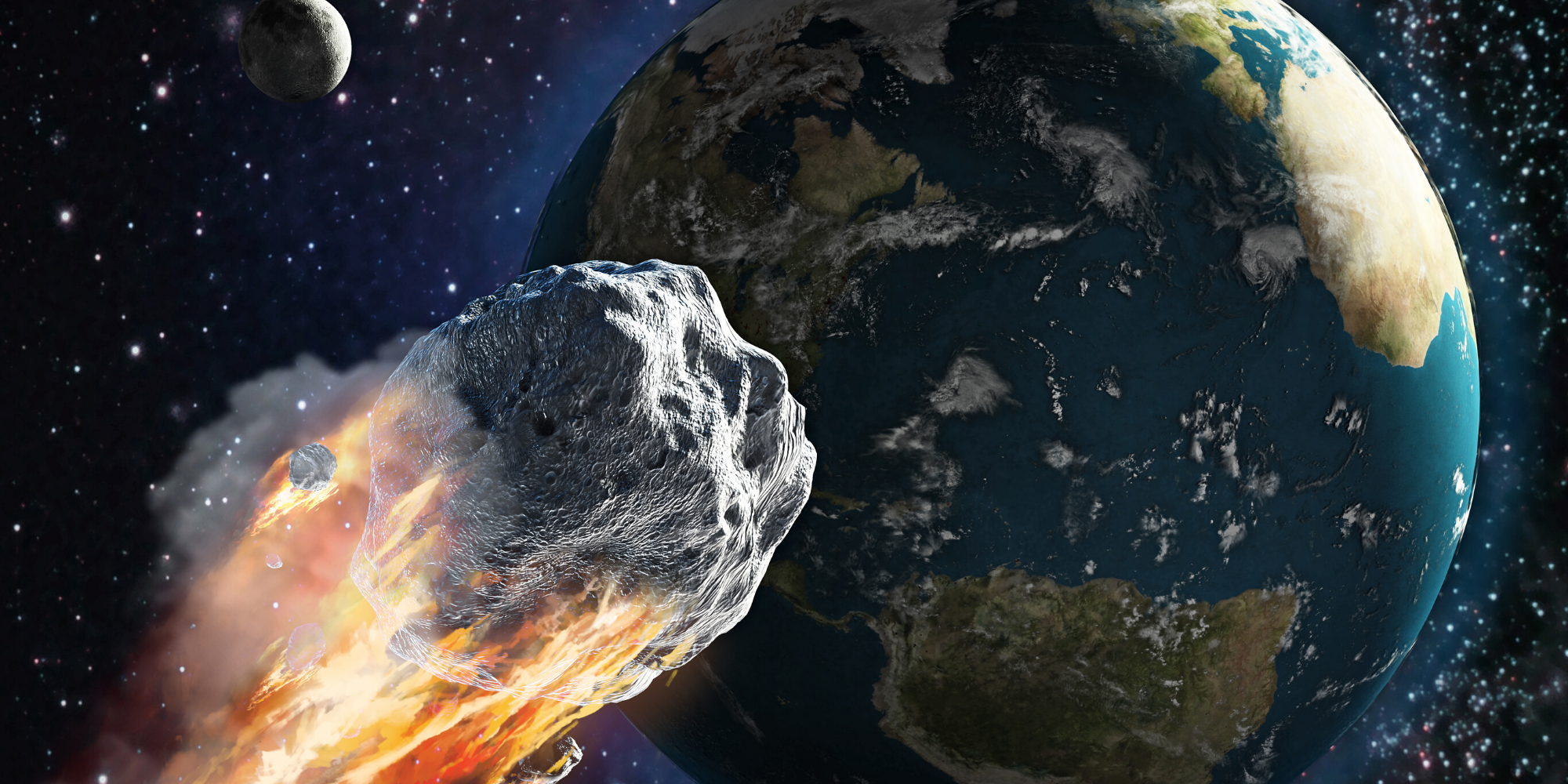The Independent's journalism is supported by our readers. When you purchase through links on our site, we may earn commission.
Defend Earth from killer asteroid by using another asteroid, study suggests
Tethering the two together would change their mass and their trajectory

A new study suggests that an optimal way of defending the earth against an asteroid would be connecting it to another one.
The paper published in EPJ Special Topics, by Flaviane Venditti from the University of Central Florida suggests that using a tether to shift the pair of asteroids’ centre of gravity to alter its course.
Computer simulations used the asteroid Bennu as a test subject. Bennu is a potentially hazardous asteroid with a diameter of approximately 490m.
It orbits the Sun approximately 10 million miles away from the Earth, but has a 1-in-2,700 chance of impacting Earth between 2175 and 2199.
It was chosen because Bennu passes close to Earth every six years and has one of the highest impact ratings.
It also has a low orbit inclination, spinning approximately every four hours, which would make it easier to tether.
“The simulations showed that the method is dynamically feasible for asteroid impact mitigation,” the paper states, and that “the technique studied offers the flexibility to adjust the amount of deflection by changing the different parameters for the system, considering the warning time available.”
This method of defence does not result in the fragmentation of the asteroids either. That is a potential risk with other means, such as detonating a device on the surface of the asteroid, which cause widespread damage.
The team also suggested that the system could be used in studying, and mining, NEOs (Near Earth Objects) and other asteroids.
However, this method is not perfect. One of the drawbacks is that it could require a long amount of time to conduct, while high impact methods that could knock the asteroid out of orbit would be faster.
Join our commenting forum
Join thought-provoking conversations, follow other Independent readers and see their replies
Comments
Bookmark popover
Removed from bookmarks